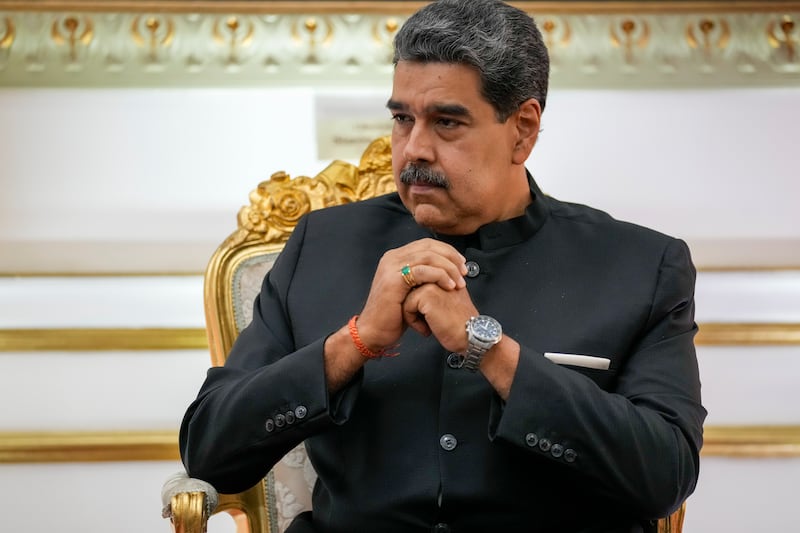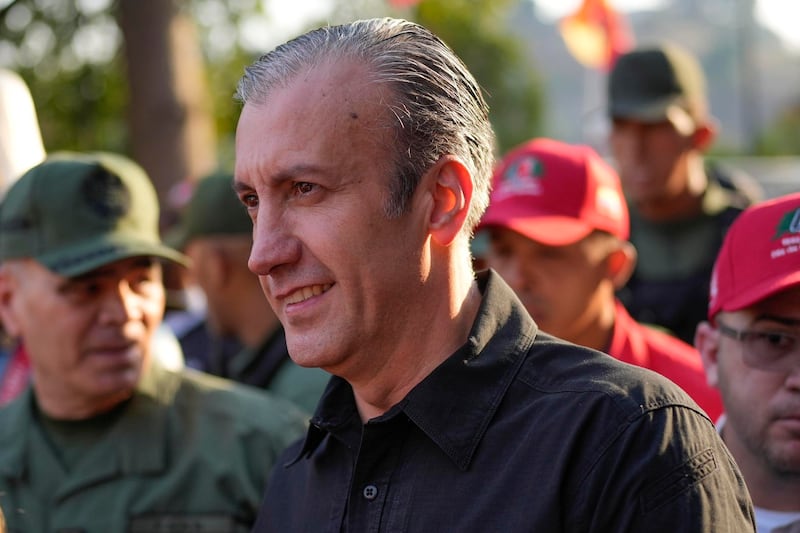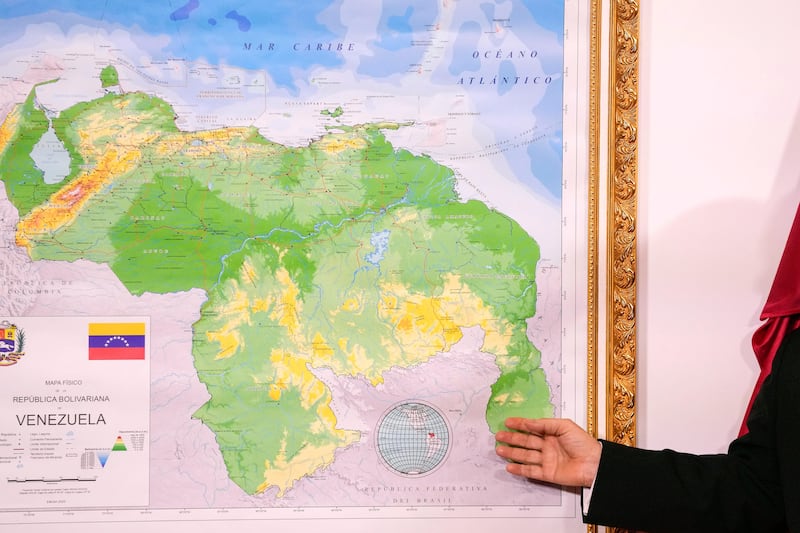Venezuela’s election authorities on Tuesday revoked an invitation to a European Union (EU) mission to observe the country’s upcoming presidential election, in which president Nicolas Maduro is seeking reelection.
National Electoral Council head Elvis Amoroso cited economic sanctions imposed by the EU as the reason for withdrawing the invitation.
The EU had not yet accepted the invite extended earlier this year.
Mr Amoroso said Tuesday’s decision is intended to show EU representatives that they “are not welcome to come here to our country while the genocidal sanctions against the Bolivarian Republic of Venezuela, and especially its government, are maintained”.

The EU, however, only maintains sanctions against more than 50 Venezuelans accused of acts of repression or efforts to undermine democracy, but not against the government as a whole.
The announcement came two weeks after the EU temporarily lifted sanctions against four officials linked to the electoral body, including Mr Amoroso, in recognition of the steps taken ahead of the election.
But Venezuela’s government and Mr Amoroso vehemently rejected the relief, arguing it was selective and insufficient.
Earlier this year, the electoral body set the presidential election for July 28 and invited various organizations to observe the contest.
The Maduro government agreed last year with the US-backed Unitary Platform opposition coalition to work toward improving conditions for a free and fair election, including by allowing the presence of international observers.
However, the government has since tested the limits of the agreement since it was signed, using it to block the president’s chief opponent, Maria Corina Machado, from candidacy,






